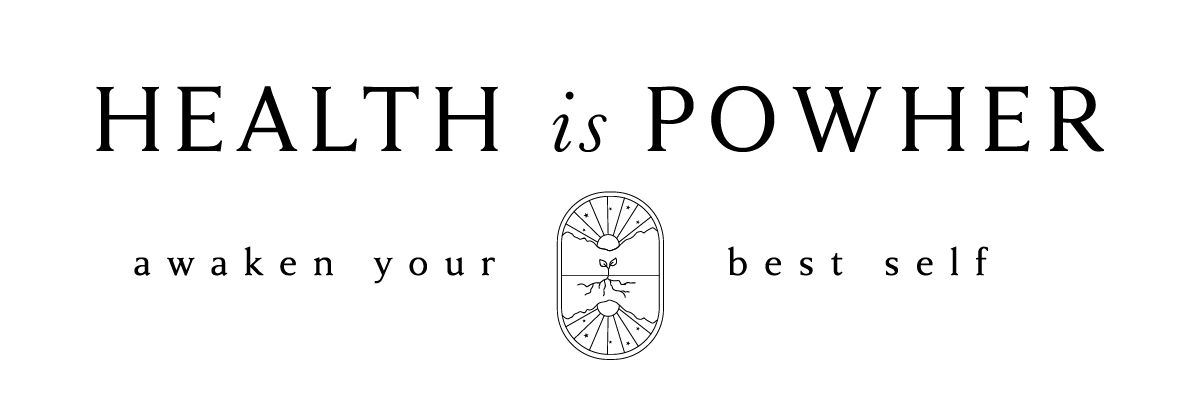How to Adapt to Daylight Savings Time
And Regain Your Energy and Get Back Your Sleep!
Health Is PowHer Podcast Episode 47
I’m your host Dr. Anna Esparham and today we’re going to have a short talk on how the heck to adjust to daylight savings time which is very tough on our circadian rhythm.
https://healthispowher.libsyn.com/47-the-top-10-ways-to-adjust-to-daylight-savings-time-to-regain-your-energy-and-recover-your-sleep
Circadian rhythm is our natural 24 hr internal process that regulates our sleep-wake cycle.
What unfortunately happens is that shifting an hour ahead in the morning leaves us without daylight in the mornings which is important for our sleep-wake cycle and circadian rhythm. More darkness in the morning hours and more light in the evening hours causes sleep disruption and a sleep debt that can last for several months. As you know we need to have darkness and less light at night to produce melatonin in order to fall asleep and early morning light to encourage our wake-up get up and go energy.
This can actually become permanent resulting in a social jet lag that disrupts our work, school and other obligations as we can’t meet the demands due to the fatigue.
Unfortunately shifting from standard time to daylight savings time is associated with increased cardiovascular disease including heart attack, stroke, atrial fibrillation. It also results in decreased vagal tone, elevated heart rate, and blood pressure, reduced sleep, increased inflammatory biomarkers and altered gene expression of our core clock genes!
No wonder why the American Academy of Sleep Medicine came out with a position statement in 2020 to recommend against shifting the clock every year and to favor a fixed national year round standard time.
What’s interesting is that the US department of transportation was responsible for enforcing daylight savings time and back in 1974 reported that the potential benefits were energy conservation (which was only .02% when evaluated in 2008), reductions in violent crime and traffic safety - in fact it has led to more crime, traffic incidents.
Ultimately it is going to be up to citizens to get enough signatures on a petition to affect change and unfortunately for Missouri, I believe last year they didn’t get enough signatures.
So what do we do in the meantime, especially now that some of us are definitely feeling the sleep loss, fatigue, exhaustion, loss of energy, depression, lack of attention.
Well we might be a little bit late on this, but generally we need to be adjusting about a week prior to the daylight savings time by going to bed earlier and waking up earlier. Trying to get ready for the abrupt change before it happens.
But instead, if you’re still having trouble going to sleep an hour earlier - taking melatonin in small doses 0.5-1 mg early in evening 5-6 pm may help you get to sleep earlier. If not, then higher doses have been shown to work - just may come with initial side effects of morning drowsiness or night time awakenings b/c you have to urinate and of course the weird dreams. Some individuals can titrate up to 10-20 mg even without issue.
Trying to avoid the daytime naps that comes with the exhaustion or at least shortening it so you can fall asleep sooner at night.
Avoid more than your regular dose of caffeine
Exercise is important to improve sleep outcomes demonstrated in systematic review, but avoid 2 hrs before bedtime b/c may ramp you up. However, doing a little restorative yoga has helped me before sleep. In fact, stretching before bedtime has been shown to improve sleep in individuals with chronic insomnia.
I use a little daylight alarm clock to wake me up in the mornings and I definitely notice a difference when it’s not working! I seem to have a little more pep in my step instead of waking up to the dark.
A little acupressure doesn’t hurt especially at KI1, HT7, Yin Tang, GV20, MH6! 1-3 minutes - check out our facebook and instagram for a video!
Hypnosis for sleep - low evidence right now but meditating or using my imagination at night if i’m wired always helps me fall asleep - it just takes a little bit of focus but if you daydream it’s sooo easy
Aromatherapy for sleep - i use vetiver, lavender which are amazing at helping calm my nervous system (also great for meditation)
Epsom salt bath - with 4 POUNDS of epsom salts for 30 minutes (at least!!)

